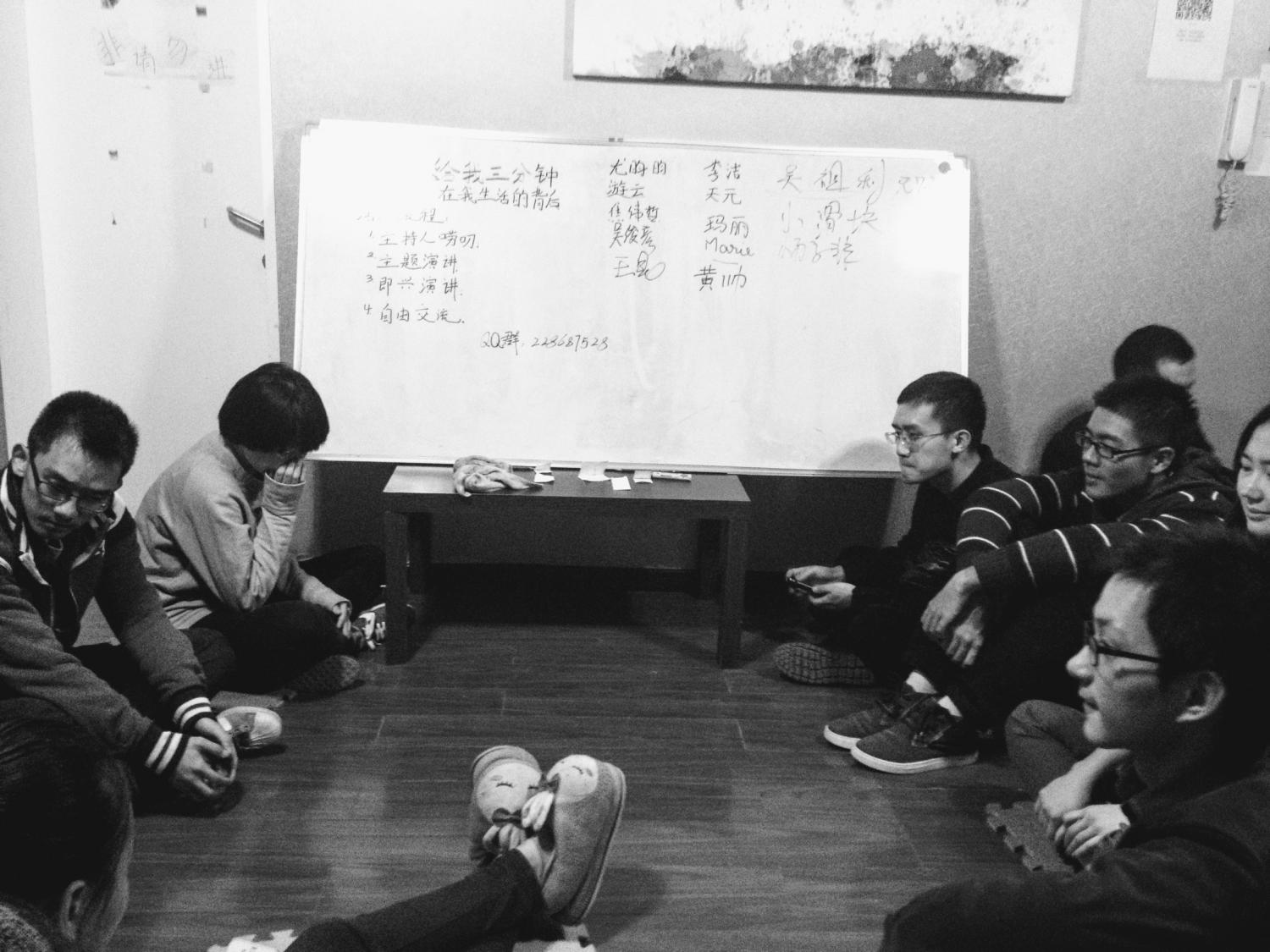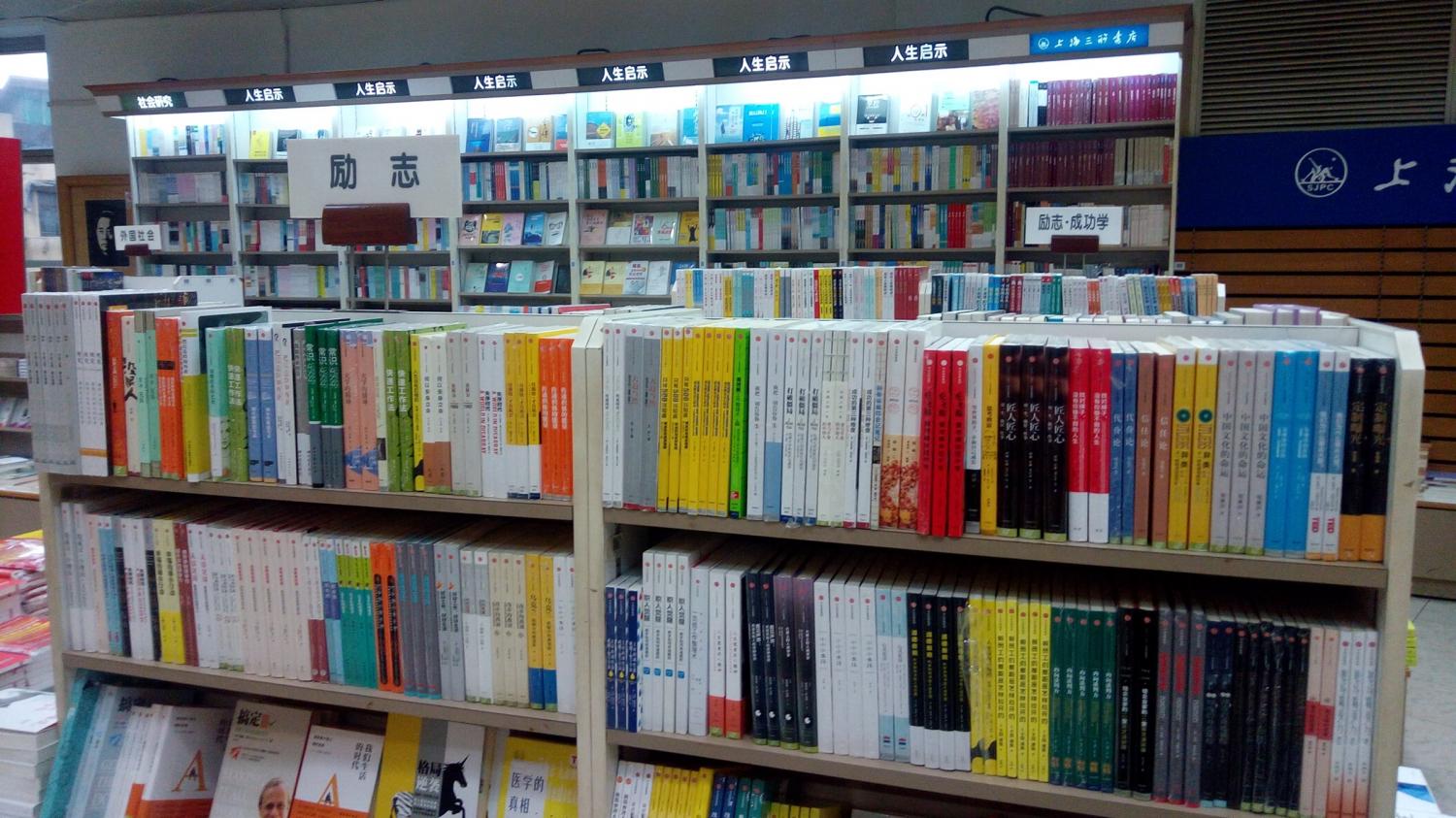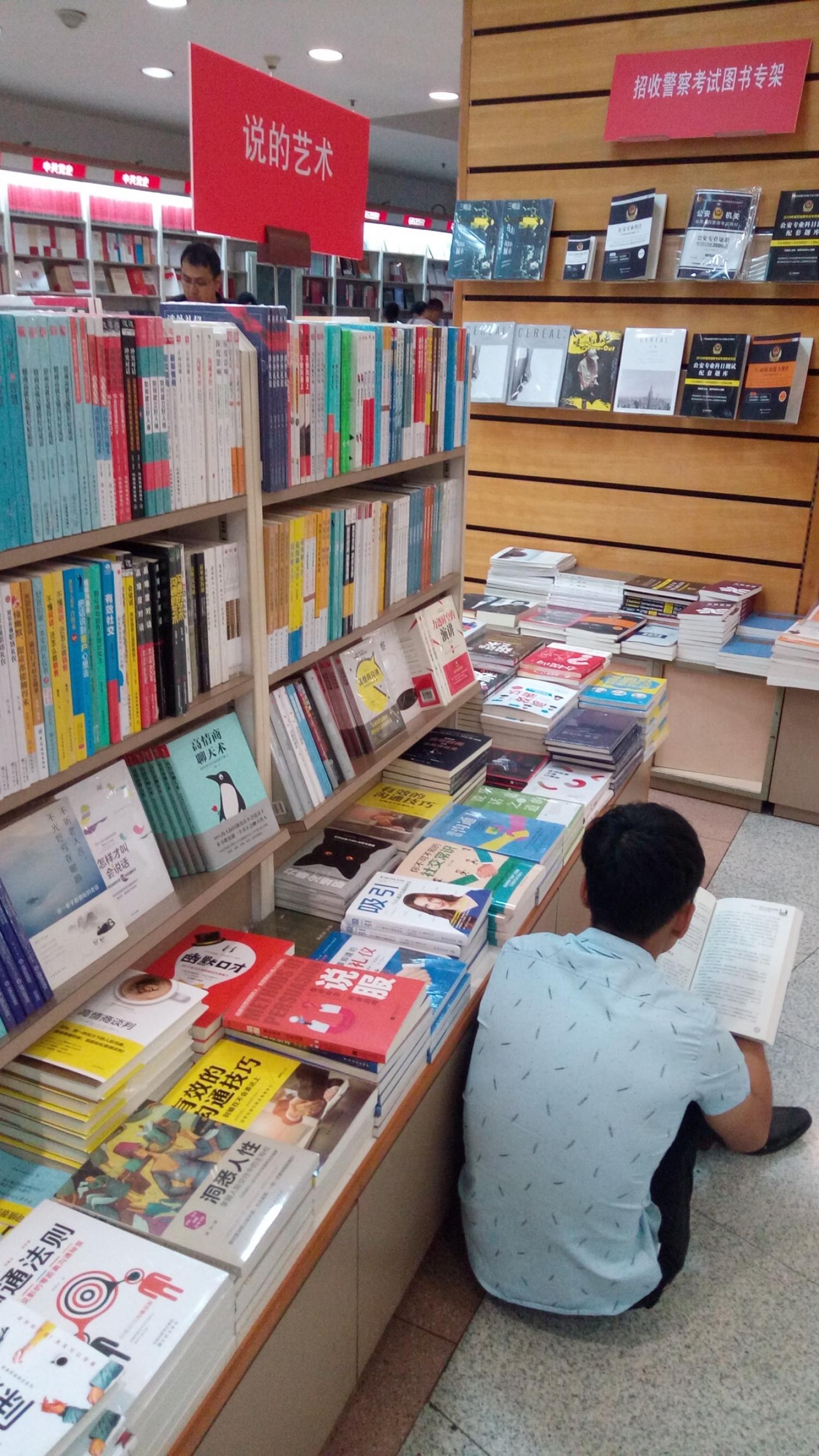Spaces of self-cultivation
In late Socialist East Asian countries, new discourses around individuality have emerged in the last three decades. Be it among well-educated urbanites or rural-to-urban migrants, “educational desire” or entrepreneurial and communicational skills have become shared aspirations among the youth. Imperatives of success generate discourses of, and anxieties about, “striving” or “standing out”. Rather than being carried out in isolation, however, self-cultivation is often practiced alongside others.

Talking together
A “Give me three minutes” evening in 2013: a weekly activity at the “youth space”. A theme serves as a common thread for public speaking. Learning to speak in public, looking back on personal experiences, debating, or expressing one’s point of view on social issues, being together - what happens in this activity - are all revealing of what this space is meant to be. At the same time, being able to express oneself in public is seen by many as an important professional skill, but not necessarily acquired in their studies. These activities therefore also respond to the injunctions of developing one’s employability.

City of books
China is often said to have moved away from its socialist past, to increasingly promote the neoliberal model of the “self-entrepreneurial subject”. The large, popular bookstores of Chinese cities (here in Shanghai, 2018) are one of the key spaces where these discourses are on display. Amidst the shelves of “success studies” books, the vast array of signage and titles read like injunctions (e.g., The choices you make will determine your future, Go beyond confusion), giving a certain directionality to the young people lingering for respite from their predicaments.

Doubtful respite
In these bookstores, lingering can pass unnoticed. Amid the ebb and flow of buying books, drinks and food, young rural-to-urban migrant workers (it always seems to be men) browse the “success studies” and “art of talking” shelves for books that might help them learn new entrepreneurial skills. The bookstore may give, in the mildest way, a taste of emergent citizenship, but if not this, the opportunity to orchestrate and negotiate one's worries in a more gentle and hopeful space whose traces may linger.

